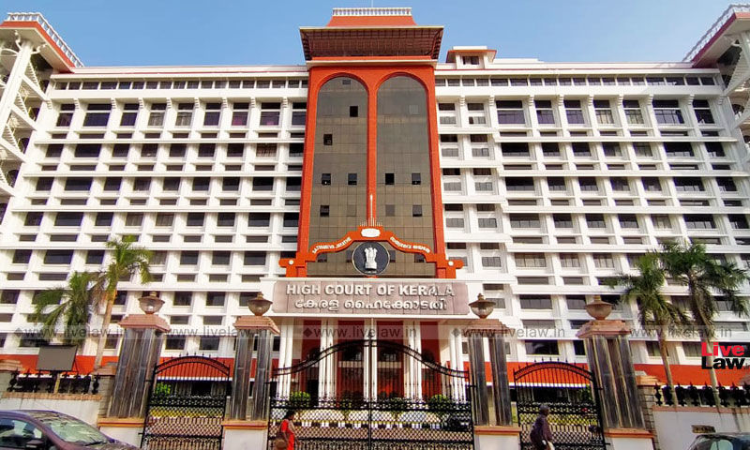Does Compassionate Allowance Have All Attributes Of Pension? Kerala High Court Answers
Hannah M Varghese
17 Jun 2021 9:11 AM IST

Next Story
17 Jun 2021 9:11 AM IST
The High Court of Kerala while dismissing an appeal filed by a former CISF employee, held that compassionate allowance does not have all the characteristics of pension covered by Rules 35 to 40 of the Pension Rules, and observed that the authorities have absolute discretion in deciding the date from which payment of compassionate allowance has to be paid. V. Kesavan Nair approached...
